Science & Technology
Ferrari says going electric means ‘even more unique’ cars
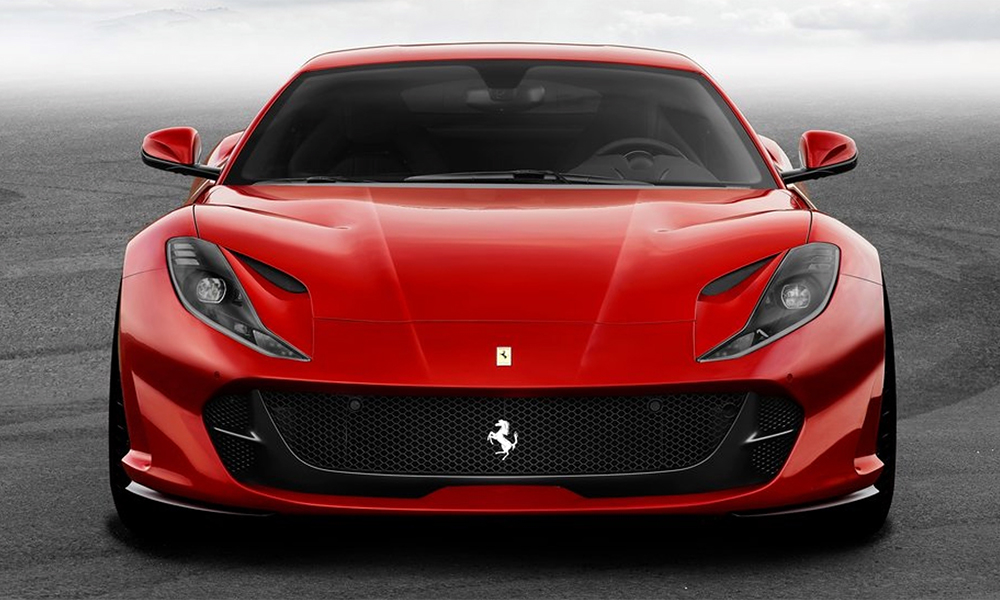
Electric and hybrid models should make up 80% of Ferrari’s (RACE.MI) sales by 2030, the luxury carmaker told investors on Thursday, vowing to produce “even more unique” cars as it leans on partners to make the costly shift to zero-emission driving.
“Everything we do will always focus on being distinctively Ferrari,” chairman John Elkann said as the company unveiled its new business plan. Electrification “will allow us to make even more unique cars.”
To reduce investments, Ferrari will use suppliers for components or software that are not crucial, such as an operating system, Chief Executive Benedetto Vigna said.
Like other sports carmakers, Ferrari’s challenge goes beyond just investing in electric models to deliver high performance – today’s electric vehicle (EV) batteries cannot match combustion engine sports cars’ sustained power.
Like its rivals, Ferrari also sells an emotional experience to wealthy customers centred on the throaty roar of its powerful engines. As it goes electric, Ferrari must ensure its high-net worth customers and investors are along for the ride.
Standing out in the multitude of EVs coming to market that can all accelerate quickly could be tough for the Italian carmaker, whose cars start at around 210,000 euros ($219,282.00).
In the meantime, Ferrari will unveil its first ever sport-utility vehicle – powered by its gas-guzzling trademark 12-cylinder engine – this September.
Vigna confirmed Ferrari will launch its first electric model in 2025, one of 15 new models between 2023 and 2026.
Ferrari expects fully-electric cars will make up 5% of sales in 2025 and 40% in 2030. Hybrid models should rise to 55% of sales in 2025 from 20% in 2021, before dropping to 40% in 2030.
Vigna said Ferrari would develop its own electric motors, inverters and battery modules on a new assembly line at its plant in Maranello, Italy, while outsourcing non-core components.
To save money Ferrari will not develop an operating system for EVs. In contrast, other automakers, including Tesla (TSLA.O) and Mercedes (MBGn.DE), say proprietary operating systems to run cars, manage wireless upgrades and collect data on driver habits and preferences are crucial.
“I will never build a Ferrari operating system, I would be foolish,” Vigna told investors. “You have to focus on the areas where you can be the best.”
Ferrari is working with four partners in Europe and Asia on battery components to research the next generation of high energy density solid state batteries.
Ferrari said it will invest 4.4 billion euros by 2026, while delivering core earnings of 2.5-2.7 billion euros by that year. Ferrari’s current guidance for 2022 is for adjusted core earnings of 1.65-1.70 billion euros.
The carmaker expects cumulated free cash flow of 4.6-4.9 billion euros from 2022 to 2026.
In a client note Kepler Cheuvreux analyst Thomas Besson said Ferrari’s financial forecasts sent a “clear bullish signal,” yet noted executives avoided questions about production volumes.
“But the direction is clear,” Besson wrote. “Electrification is required but will not change the DNA of the company and its products.”
Science & Technology
Saudi crown prince launches new company to develop AI technologies
U.S. President Donald Trump travels to Saudi Arabia this week, the first stop on his Gulf tour, and AI is expected to be a major discussion point during Tuesday’s joint Saudi-U.S. investment forum in Riyadh.
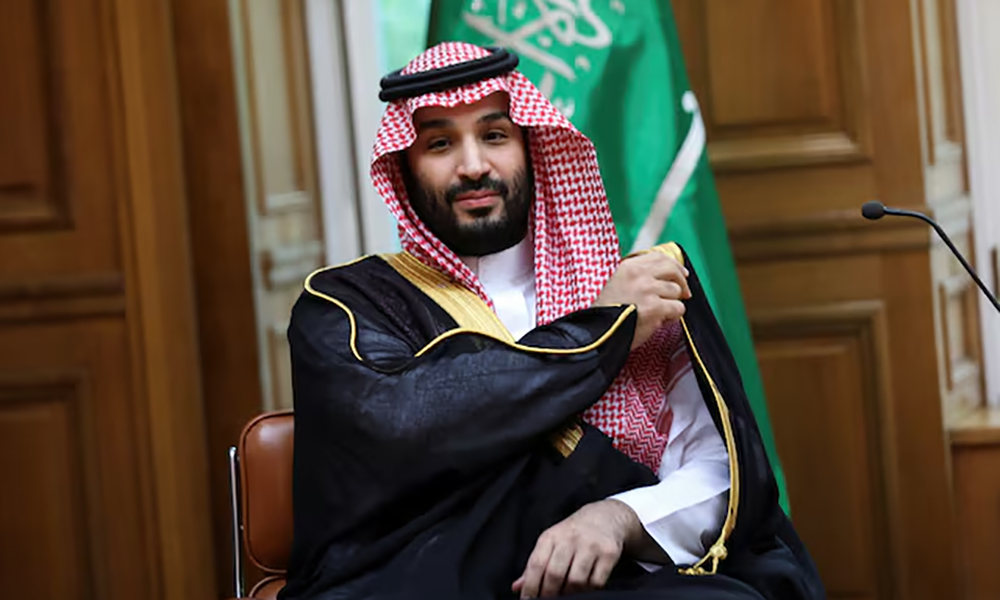
Crown Prince Mohammed bin Salman launched a new company to develop and manage artificial intelligence technologies in Saudi Arabia on Monday, a top priority of its economic diversification drive, Reuters reported.
U.S. President Donald Trump travels to Saudi Arabia this week, the first stop on his Gulf tour, and AI is expected to be a major discussion point during Tuesday’s joint Saudi-U.S. investment forum in Riyadh.
The kingdom, the world’s biggest crude exporter, is undergoing a significant economic and social transformation under its Vision 2030 programme which aims to wean the economy off its oil dependency.
It wants to develop AI technology and infrastructure – including data centres – and has ambitions to establish the kingdom as a global centre for AI, pitching itself as a prospective hub for AI activity outside the United States, read the report.
Chaired by bin Salman, Saudi Arabia’s de facto leader, the new company, Humain, will operate under the Public Investment Fund, and offer AI services and products, including data centres, AI infrastructure, cloud capabilities and advanced AI models, the state news agency reported.
Earlier this year, cloud software seller Salesforce (CRM.N), said that it planned to invest $500 million in Saudi Arabia related to artificial intelligence.
Science & Technology
Skype ends operations after 22 years of service
Microsoft acquired Skype in 2011 and says the decision is part of a strategy to focus on its other platform, Microsoft Teams.
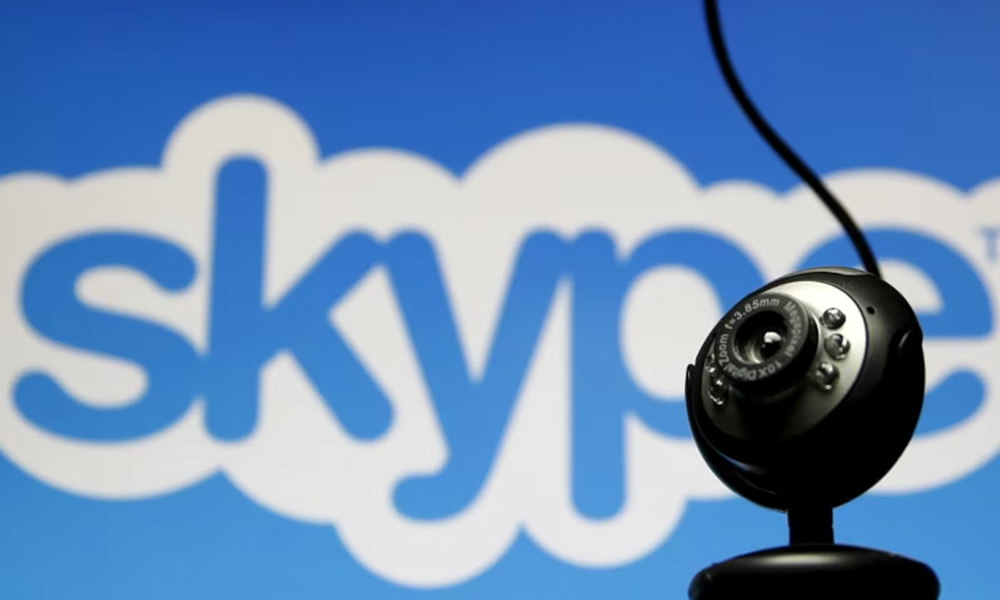
Skype officially shut down on Monday. The closure comes after nearly 22 years in operation, during which Skype became known for making international voice and video calls accessible and affordable for millions of people worldwide.
Microsoft acquired Skype in 2011 and says the decision is part of a strategy to focus on its other platform, Microsoft Teams.
Launched in 2003, Skype quickly became a revolutionary tool for free voice and video calls over the internet, amassing more than 300 million monthly users at its peak in the mid-2010s. The free platform changed how people communicated across borders, long before Zoom or FaceTime.
In 2011, Microsoft acquired Skype for $8.5bn, aiming to make it a central part of its communications strategy. But as competitors like WhatsApp, Zoom, and eventually Microsoft’s own Teams gained traction, Skype’s popularity faded.
On February 28, Microsoft said it would retire Skype on May 5 to streamline its services and prioritise Teams for communication and collaboration.
Microsoft has urged users to transition to Teams by visiting skype.com and utilising the “Start using Teams” feature. All Skype chats and contacts will remain accessible through Teams using the same login credentials.
Science & Technology
Apple moving to make most iPhones for US in India rather than China

Apple aims to make most of its iPhones sold in the United States at factories in India by the end of 2026, and is speeding up those plans to navigate potentially higher tariffs in China, its main manufacturing base, Reuters reported.
The U.S. tech giant is holding urgent talks with contract manufacturers Foxconn and Tata to achieve that goal, the person, who declined to be named as the planning process is confidential, said on Friday.
Apple and Foxconn did not immediately respond to requests for comment, while Tata declined to comment.
Apple sells over 60 million iPhones in the U.S. annually with roughly 80% of them made in China currently.
Prime Minister Narendra Modi has in recent years promoted India as a smartphone manufacturing hub, but higher duties on importing mobile phone parts compared to many other countries means it is still expensive for companies to produce in India.
For iPhones, manufacturing costs in India are 5-8% higher than in China, with the difference rising to as much as 10% in some cases, the source said.
Apple has already stepped up production in India to beat U.S. President Donald Trump’s tariffs, shipping some 600 tons of iPhones worth $2 billion to the United States in March. The shipments from India marked a record for both its contractors Tata and Foxconn, with the latter alone accounting for smartphones worth $1.3 billion, Reuters reported last week.
In April, the U.S. administration imposed 26% duties on imports from India, much lower than the more than 100% China was facing at the time. Washington has since paused most duties for three months, except for China.
Trump’s administration has since signalled openness to de-escalating the trade war between the world’s two largest economies that has raised fears of recession.
The Financial Times first reported about Apple’s plan on Friday.
As Apple diversifies its manufacturing beyond China, it has positioned India for a critical role. Foxconn and Tata, its two main suppliers there, have three factories in all, with two more being built.
-

 Latest News4 days ago
Latest News4 days agoPakistan says India launched attack on Afghanistan, India denies
-

 World4 days ago
World4 days agoUS offers to help India and Pakistan start talks, G7 also urges dialogue
-
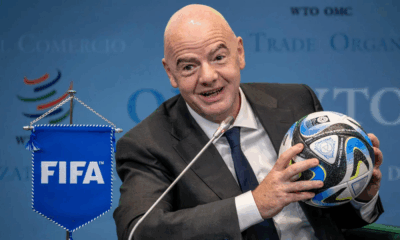
 Sport4 days ago
Sport4 days agoFIFA OKs creation of Afghanistan women’s refugee team
-

 Regional4 days ago
Regional4 days agoPakistan says it has launched military offensive against India
-

 World4 days ago
World4 days agoTrump says India, Pakistan agree to ‘full and immediate ceasefire’
-
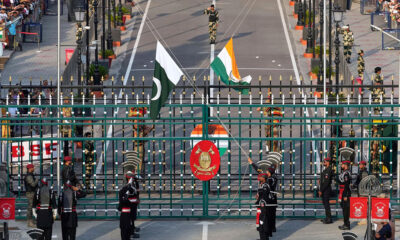
 Regional3 days ago
Regional3 days agoExplosions reported after India and Pakistan agree to ceasefire
-

 Regional2 days ago
Regional2 days agoIndian air force says losses are part of combat but all pilots back home
-

 Tahawol4 days ago
Tahawol4 days agoTahawol: Status of Afghanistan’s infrastructure projects reviewed























